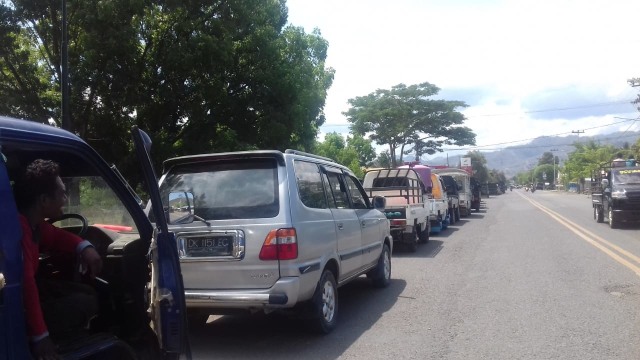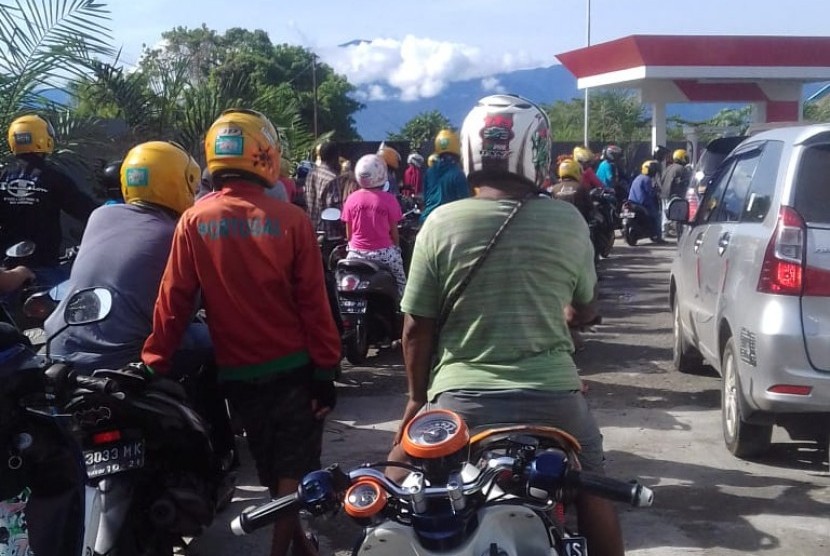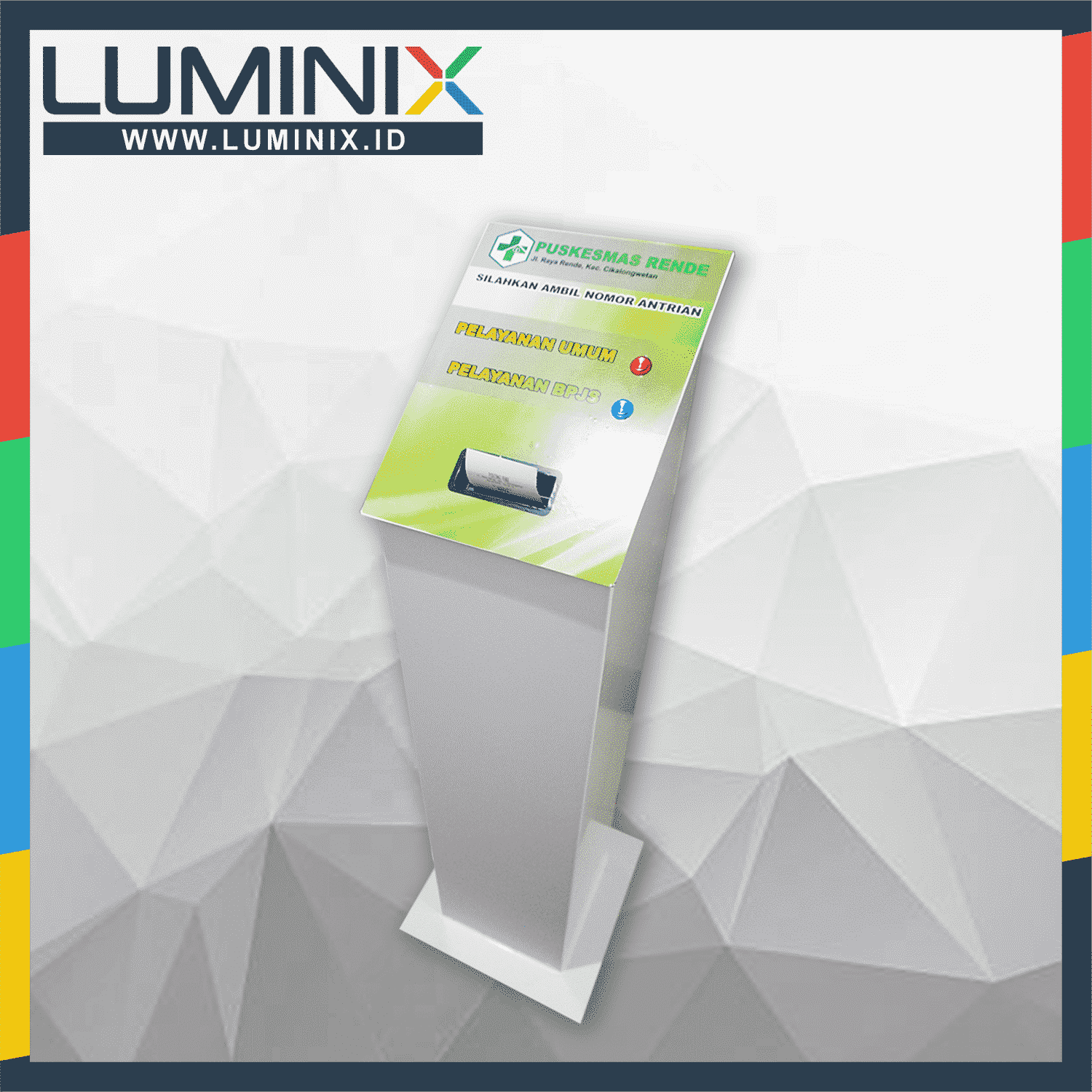

Waste4Change through the Community-Based Implementation (w4c.id/CBI) service supports training and mentoring of community elements, ranging from the community, TPS 3R, management of tourism sites, and much more, to help optimize waste management. Waste4Change Supports Community Empowerment to Reduce Waste The garbage bags are valued differently according to the volume of garbage that can be accommodated, so as to ensure that citizens understand that there are costs to be paid to be able to recycle and ensure the waste they produce does not pollute the environment. This is one of the reasons why the South Korean government requires its citizens to buy special garbage bags to deposit waste. This is because residual waste management and some types of waste recycling process require no small cost, it could also require expensive technology. However, spreading the awareness that waste is valuable and can be exchanged for money should also be accompanied by a condition that the first step of the 3R, namely Reduce, should be prioritized above all else. Some of the waste that they collected is re-processed and created as souvenirs that can be sold to tourists and visitors.

In Japan, there is the city of Kamikatsu that is of global concern because the entire population is working together to maximize their waste-sorting and recycling. In Egypt, there are Zabbaleen People who have dedicated their life and living areas to collect and manage waste to be processed and resold.

The practice of collecting and selling or exchanging waste into goods/money is not a new thing in Indonesia, even in the world. Antrian Bank Sampah di Desa Banyurata – Source: Waste Bank in Other Countries?

KLHK revealed that the Waste Bank not only contributed to the reduction of national waste by 1.7% (1,389,522 tons / year) in 2018, the Waste Bank was also economically beneficial by generating an average income of Rp1,484,669,825 per year. Quoting from Media Indonesia article in 2018, Waste Bank is one of the solutions to overcome waste by applying the 3R principle (reduce, reuse and recycle). Seeing the increase in the number of waste banks to more than 8000 according to data from The Ministry of Environment and Forestry in 2018, it is clear that the public feels the positive impact of the waste banks.


 0 kommentar(er)
0 kommentar(er)
